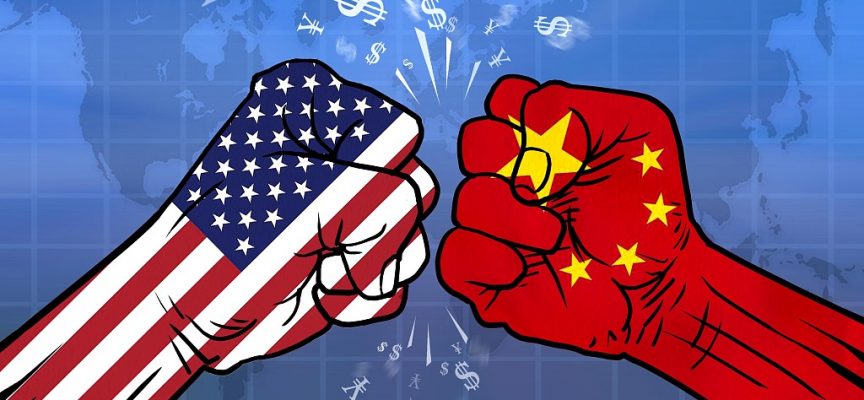Currently, the United States relies on supply chains controlled by China for the vast majority of its supply of rare earth minerals. This has been a known problem for more than 30 years, yet president after president has failed to address it. Now, with China imposing export restrictions on these minerals, on which it holds a near monopoly for refining, it falls to the Trump administration to take action.
On April 15, President Donald Trump signed an executive order directing Commerce Secretary Howard Lutnick to investigate the national security risks of relying on imported critical minerals, including rare earths.
America is home to significant known resources of both critical energy minerals like lithium and cobalt, as well as rare earth minerals. However, the US government makes permitting mines to produce these known reserves nearly impossible, opting instead to rely on importing them from other countries. This is highly risky in a geopolitical sense, given that the supply chains for these minerals are dominated by one country: China. (RELATED: DAVID BLACKMON: The Truth About Earth Day)
Amid America’s rising cold war with China, the crucial point related to national security here does not pertain to the production of these minerals, but to their refining and processing. While China produces approximately 70% of the world’s rare earths, it controls 90% of the global refining capacity for these resources, according to Statista. Thus, regardless of where these minerals are mined and produced, they’re almost always placed on a ship headed to China to be refined.
Given that these minerals are integral to production of EVs, all forms of renewable energy, every electronic appliance and gadget manufactured today, and a wide array of military equipment and weapons systems, this over-reliance on China should have been dealt with long ago and is not a sustainable situation for the United States.
Some officials in the Biden administration appeared to at least understand this, and Joe Biden read a major speech from his Teleprompter in June 2021 on this topic. In that speech, Biden promised to mount a “whole of government effort” to speed permitting of mines and processing operations, and to liberate supply chains for imports from China’s control. But his administration made virtually no visible progress in that endeavor across its final 3 1/2 years. Thus, the problem was passed onto President Trump to deal with.

What President Trump and Sec. Lutnick seems likely to conclude that securing ready supplies of rare earths outside of China isn’t really the crux of the issue. Friendlier nations, such as Brazil, India, Australia, Vietnam, and Greenland, possess large known resources, so potential supply deals could be made.
But making a deal for friendlier supplies won’t solve America’s problem if those supplies are simply loaded on ships bound for China for refining. The real crux of the issue is that the U.S. currently has almost no domestic rare earth refining capacity.
To free itself from Chinese-controlled supply chains, ample refining must be permitted, financed, built, staffed, and ready to go in rapid fashion. Given that capital requirements will run into the billions of dollars, this is not a thing that is going to just materialize out of thin air or to be expedited by market forces. It will require a focused effort, not just by the executive branch of government, but by congress as well.
In other words, it is going to fall to Mr. Trump to mount that “whole of government effort” which Biden promised and failed to deliver.
Given the clear national security implications involved here, it seems likely that, once the Commerce Department’s study is completed, the President will declare the situation to be a national emergency and invoke the Defense Production Act, just as he did during the COVID-19 emergency 2020 to speed the manufacture of masks, respirators and other equipment and supplies.
To repeat: This situation related to rare earth minerals has long been a known issue, one that should have been dealt with long ago by past presidents. That didn’t happen, so now it falls to Trump. Fortunately for America, President Trump, unlike his predecessors, is not shy about taking on the hard issues.
Authors’ opinions are their own and may not represent those of Grok Media, LLC, GraniteGrok.com, its sponsors, readers, authors, or advertisers. Submit Op-Eds to steve@granitegrok.com

